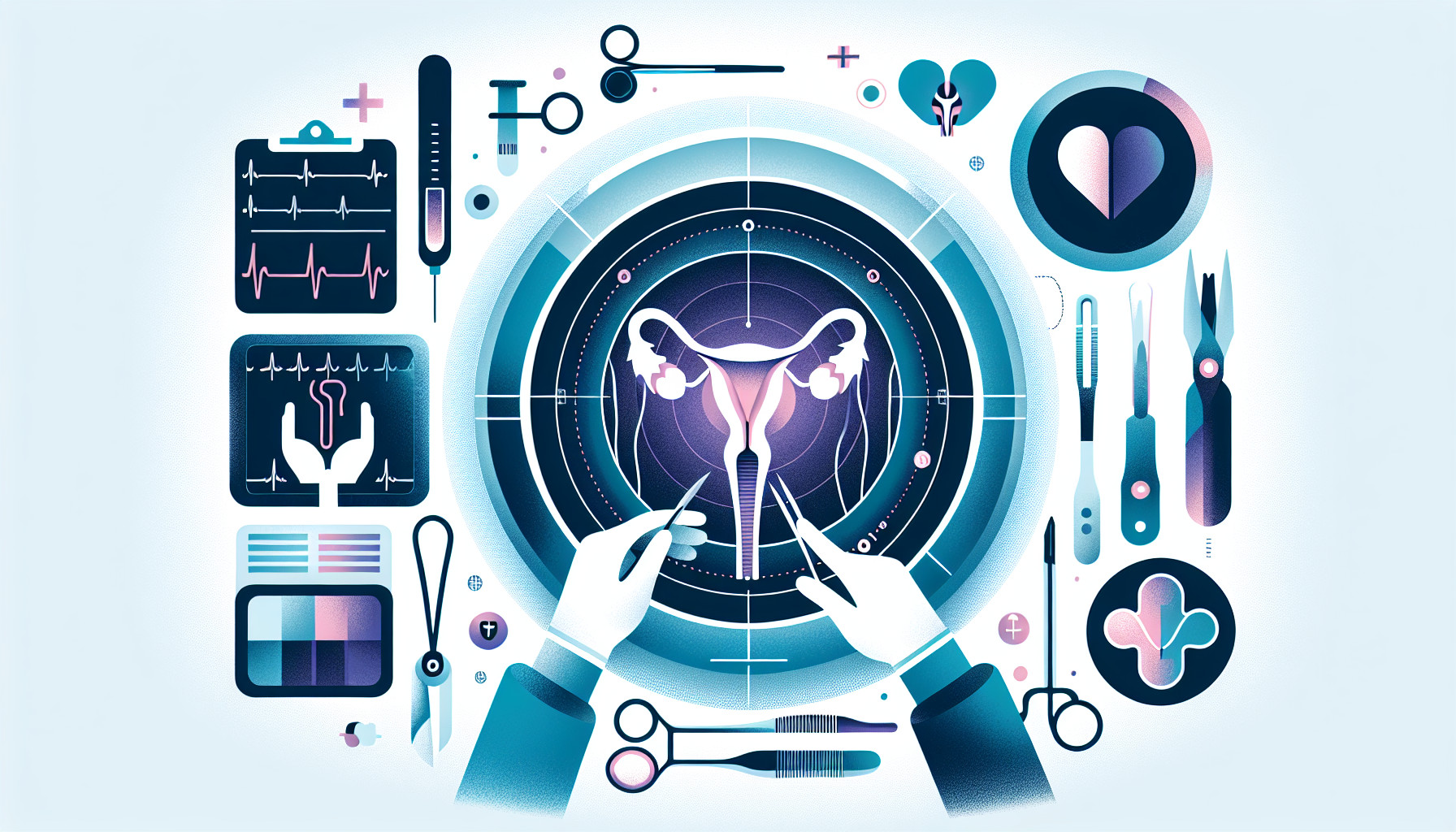Our Summary
This research paper is about a medical condition called varicoceles, which are similar to varicose veins, but occur around the testicles. About 15% of all men have this condition, and it’s found in 40% of men who go to the doctor because they’re having trouble fathering a child. About 1% of all men have a condition called azoospermia, which means they don’t have any sperm in their semen. This is found in 15% of men who are having difficulty becoming fathers.
The paper looks at how varicoceles affect the testicles in men who have azoospermia. It also looks at how fixing varicoceles affects the semen of men with azoospermia, and how this surgery affects the chances of retrieving sperm and achieving pregnancy when the man still has azoospermia after the surgery.
FAQs
- What is the prevalence of varicoceles in the general population and in men undergoing fertility evaluations?
- What impact does varicocele have on testicular function in men with azoospermia?
- How does varicocele repair affect the semen parameters of azoospermic men and the pregnancy outcomes?
Doctor’s Tip
A helpful tip a doctor might tell a patient about varicocele surgery is to follow post-operative care instructions carefully to ensure proper healing and maximize the chances of successful outcomes. This may include avoiding heavy lifting, wearing supportive underwear, and taking prescribed medications as directed. It is also important to attend follow-up appointments to monitor progress and address any concerns promptly. Additionally, maintaining a healthy lifestyle, including regular exercise and a balanced diet, can help support overall reproductive health.
Suitable For
Patients with varicoceles who are experiencing infertility or azoospermia are typically recommended varicocele surgery. Azoospermia is the absence of sperm in the semen, and varicoceles can negatively impact testicular function and sperm production. Varicocele repair has been shown to improve semen parameters in azoospermic men, and in some cases, it can lead to successful sperm retrieval and pregnancy outcomes. Therefore, varicocele surgery may be recommended for patients with varicoceles who are struggling with infertility or azoospermia.
Timeline
Before varicocele surgery:
- Patient experiences symptoms such as pain or discomfort in the scrotum, swelling of the scrotum, and/or infertility.
- Patient undergoes a physical examination and diagnostic tests such as scrotal ultrasound to confirm the presence of a varicocele.
- Patient may undergo fertility evaluations to assess sperm count, motility, and morphology.
- Patient may be diagnosed with azoospermia, a condition where there is no sperm present in the ejaculate.
- Patient and healthcare provider discuss treatment options, including varicocele surgery.
After varicocele surgery:
- Patient undergoes varicocele repair surgery, which may be performed through a minimally invasive procedure or open surgery.
- Patient experiences some pain and discomfort following the surgery, which can be managed with pain medication.
- Patient may need to take time off work or avoid strenuous activities for a period of time to allow for healing.
- Patient follows up with their healthcare provider for post-operative care and monitoring of sperm parameters.
- Over time, patient may see improvements in sperm count, motility, and morphology following varicocele repair.
- Patient and their partner may undergo fertility treatments such as in vitro fertilization (IVF) or sperm retrieval procedures if the male partner remains azoospermic after varicocele repair.
- Patient and their partner may achieve a successful pregnancy and start a family following varicocele surgery.
What to Ask Your Doctor
- What is a varicocele and how does it impact fertility?
- How do I know if I have a varicocele and need surgery?
- What are the benefits of varicocele surgery for men with azoospermia?
- What are the risks and potential complications of varicocele surgery?
- What is the success rate of varicocele surgery in improving sperm parameters in men with azoospermia?
- How long is the recovery period after varicocele surgery?
- Will varicocele surgery increase my chances of natural conception or do I still need assisted reproductive techniques?
- Are there any alternative treatments or options to consider before undergoing varicocele surgery?
- How soon after varicocele surgery can we start trying to conceive?
- What follow-up care or monitoring will be needed after varicocele surgery?
Reference
Authors: Kavoussi PK, Gupta C, Shah R. Journal: Asian J Androl. 2025 May 1;27(3):355-360. doi: 10.4103/aja202444. Epub 2024 Aug 6. PMID: 39104262
